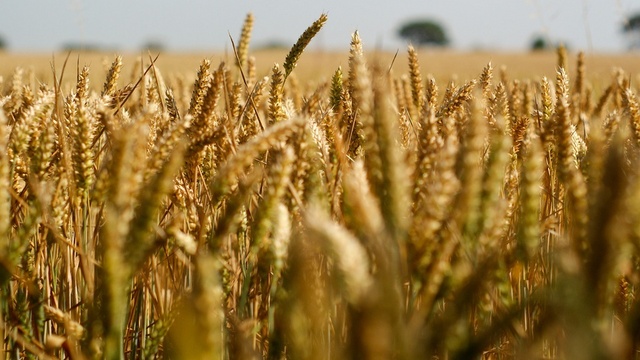Farmers start winter wheat cropping preps

Kiyapili Sibanda, Business Reporter
PREPARATIONS for the 2017 winter wheat cropping season have begun with the National Wheat Board (NWB) saying farmers have started securing inputs.
NWB chairman, Mr Givemore Mesoemvura, said inputs have been secured and land preparation was underway.
“Negotiations with farmers are underway already and the inputs have been secured. Farmers will be starting land preparation as soon as possible to get ready for the winter wheat farming season,” he said.
This year, increased private sector participation is expected in wheat production following the inclusion of wheat under Command Agriculture, a specialised Government-driven agriculture programme.
Mr Mesoemvura said the coming on board of Government would transform wheat production in a big way.
“We are happy that this year the wheat production programme, which is being rolled out for the first time, will support the Command Agriculture programme initiated by the Government and the Agricultural and Rural Development Authority (ARDA). This can be termed, Command Wheat ,and we hope it would be as successful as Command Agriculture on maize so that we reach set targets for the year,” he said.
“This season we want to push winter wheat production and a good irrigation infrastructure is needed because the country has got sufficient water supply thanks to the good rains that the country received.”
Mr Mesoemvura said the NWB has already shortlisted 200 farmers to produce 30 000 tonnes of the cereal this winter.
According to the Ministry of Agriculture, Mechanisation and Irrigation Development, Zimbabwe is targeting 200 000 tonnes of wheat whose producer price is pegged at $500 per tonne, with private buyers offering between $360 and $380.
Zimbabwe consumes between 400 000 tonnes and 450 000 tonnes of wheat annually and last year the target was estimated at 10 000 tonnes of wheat.
The NWB is a grouping of bakers, millers, farmers, inputs suppliers and other stakeholders involved in wheat production.










Comments